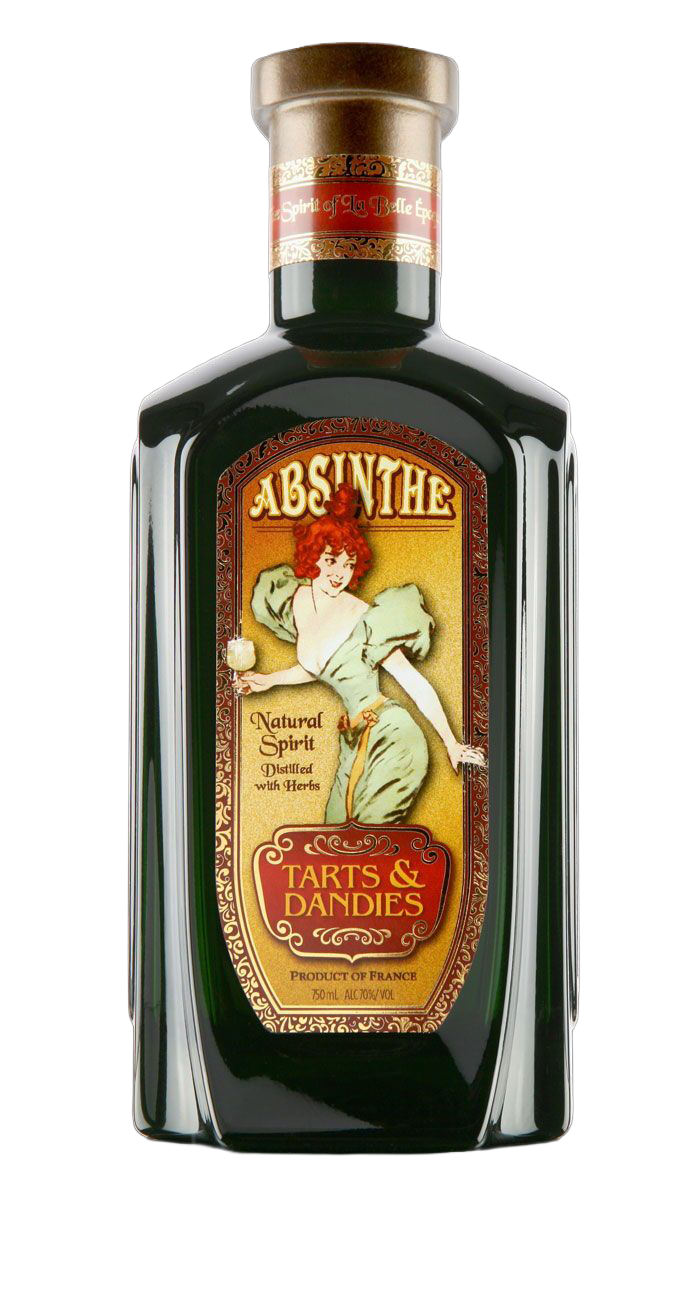This is a very special month in the world of beer. April 2016 marks the 500th anniversary of the Reinheitsgebot, also known as the Bavarian Beer Purity Law of 1516.
Yes, gentle reader, those lederhosen-wearing citizens of Munich liked their beer so much, that the entire harvests of rye and wheat were going to the breweries, leaving none available for the local bakeries to make bread.
With growing complaints from the hungry peasantry about the high price of bread, the Duke of Bavaria took heed, knowing that fat and happy peasants are less likely to storm the castle with pitchforks and burning torches.
Duke William IX came up with the idea that wheat and rye grains would now be forbidden ingredients in beer, thus guaranteeing an inexpensive source of bread, which would keep the peasants in a happy and non-revolting state.
Furthermore, the then-current practice of adding preservatives like stinging nettle or henbane were outlawed, with hops the only permissible preservative. While this was ostensibly a food-safety issue, an underlying reason was pressure from religious conservatives, trying to outlaw the use of herbs that were common in pagan rituals.
In a nutshell, the Reinheitsgebot decreed that the only permissible ingredients of beer were water, barley, and hops. The penalty for violating the Reinheitsgebot was confiscation of all suspect barrels, so most brewers fell into line pretty quickly.
Astute readers may notice the glaring omission of yeast from the list of permissible ingredients in the Reinheitsgebot. We can’t really blame them – Louis Pasteur didn’t discover yeast until the 1800’s, so the entire process of fermentation was a big mystery at the time.
This law explicitly forbade lesser grains like rice and corn from being used to make beer. So, according to the Reinheitsgebot, the Budweisers of the world should be taken out behind the liquor store, lined up against the wall, and executed by a firing squad. Good riddance to bad rubbish, according to beer snobs like your humble narrator.
The Reinheitsgebot remained in effect until 1987, when it was replaced with more lenient legislation, allowing any ingredient in other foodstuffs to also be included in beer.
While compliance with the Reinheitsgebot is still used as a marketing tool to this very day, the law was not without criticism. Many regional or traditional specialty beer styles became extinct over the last four centuries, and are now lost in the beer-stained mists of time.
Well known (to beer geeks anyway) is the famed shutdown of production of a traditional black beer that had been brewed by monks in the same abbey since the 12th century, far predating the Reinheitsgebot laws. In the end, the monks were allowed to continue production, but had to rename the product to “Black Abbot”, and never refer to it as beer.
Eventually, enforcement of the laws became less stringent, which eventually led to the rise of the popular Weissbier (aka wheat beer) style.
The best known local example of a wheat beer is Big Rock’s Grasshopper Wheat Ale, which is derived from the Kristall Weissbier (aka filtered wheat beer) style.
More traditional wheat beer styles such as Hefeweizen are still a bit frightening to the average Canadian beer drinker. Hefeweizen styled beers do not filter out the suspended yeast and wheat proteins, presenting the unprepared drinker with a thick and cloudy glass of opaque beer. Luckily, I’ve never subscribed to the “if it ain’t clear, it ain’t beer” camp, so I thoroughly enjoy the fuller taste of unfiltered wheat beers.
German beer styles have spread all over the world, and many still follow the Reinheitsgebot to the letter. A typical example is the 1516 Bavarian Lager from the Okanagan Spring brewery in British Columbia.
The 1516 Bavarian Lager is often used as a gateway beer, offered up to unsuspecting macrobrew drinkers by their crafty friends. With its clean and inoffensive flavours, the Coors Lite and Bud drinkers of the world use this beer as a stepping stone to the maltier and hoppier brews so favoured by the beer snobs of the world.
Whatever style is your favourite, beer drinkers the world over owe a debt to the Bavarian Beer Purity Law of 1516, so the next time you raise a pint, say a little thanks to that old Bavarian Duke who made it all possible.




